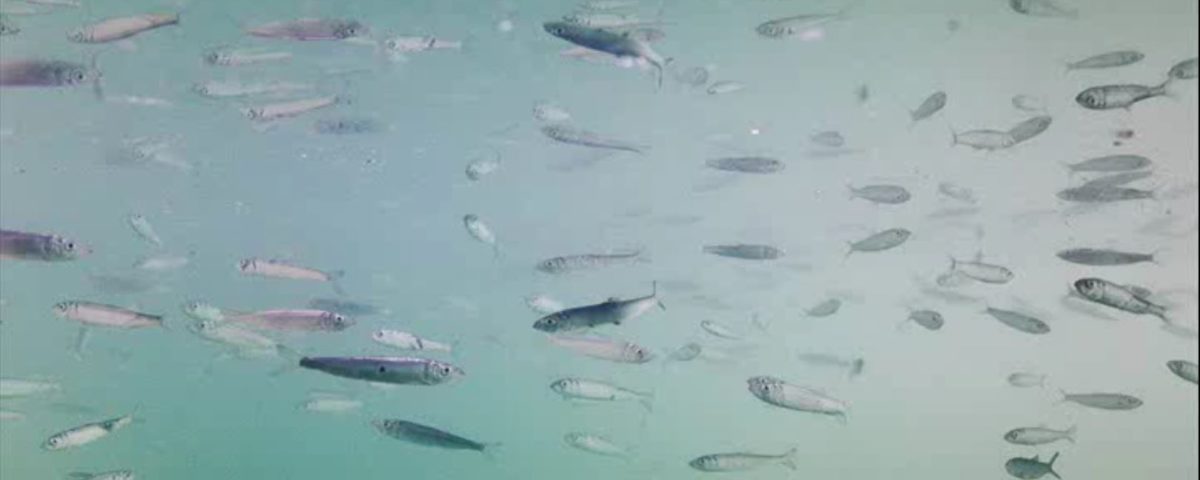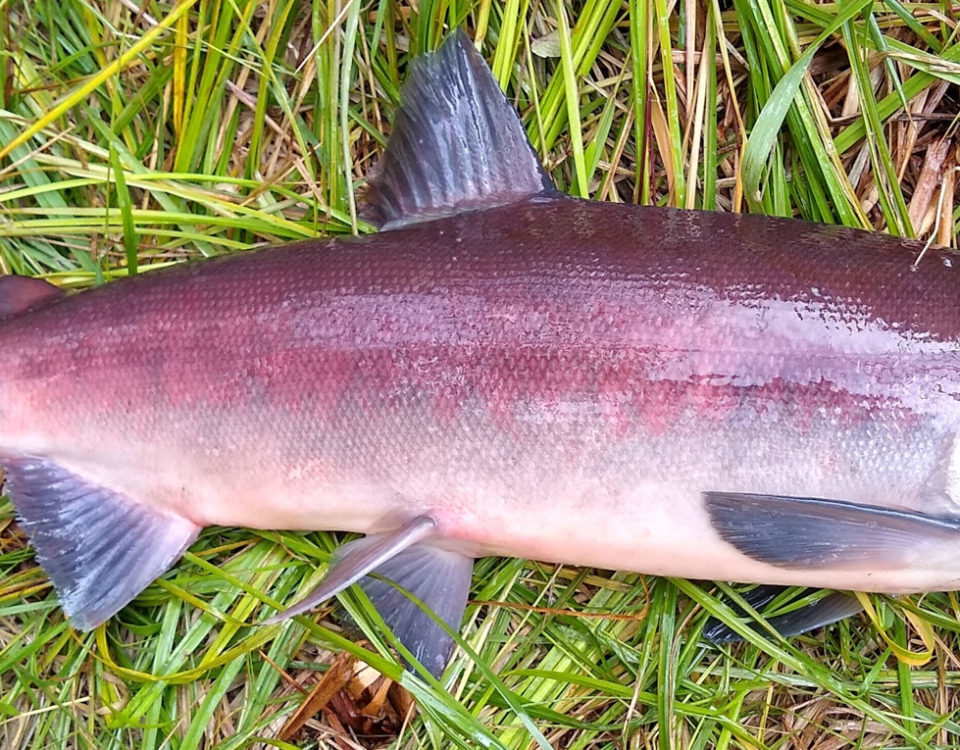Ocean temperatures set new records

The warm winter Cordova is experiencing is also reflected in the surrounding ocean temperatures. Throughout the Gulf of Alaska water temperatures are setting new records. The Pacific Decadal Oscillation index (PDO) is calculated from the sea-surface temperatures in the North Pacific and is largely driven by how warm the Gulf of Alaska is. The PDO, which has been calculated back to 1900, set a new record for the month of December. The warm waters of the Gulf of Alaska are also observed locally. The tide station in Cordova has recorded water temperatures back to the mid-1960s and new records were set in the months of December and January. Water temperatures in those months were over two degrees Celsius or four degrees Fahrenheit above the long-term mean.
Trying to figure out what the warm temperatures will mean is difficult. Looking back through the records the winters of 1976-1977 and 2002-2003 were nearly as warm. The 1976-1977 led to a regime shift that increased many fish and depressed shrimp and crab populations. Herring recruitment from the 1976 and 1977 brood years led to the large herring populations fished in Prince William Sound during the 1980s. Herring recruitment from 2002 and 2003 was weak, however. It is difficult to tease out any impact to salmon returns as well. We will just have to wait and see what comes from this warm winter.




